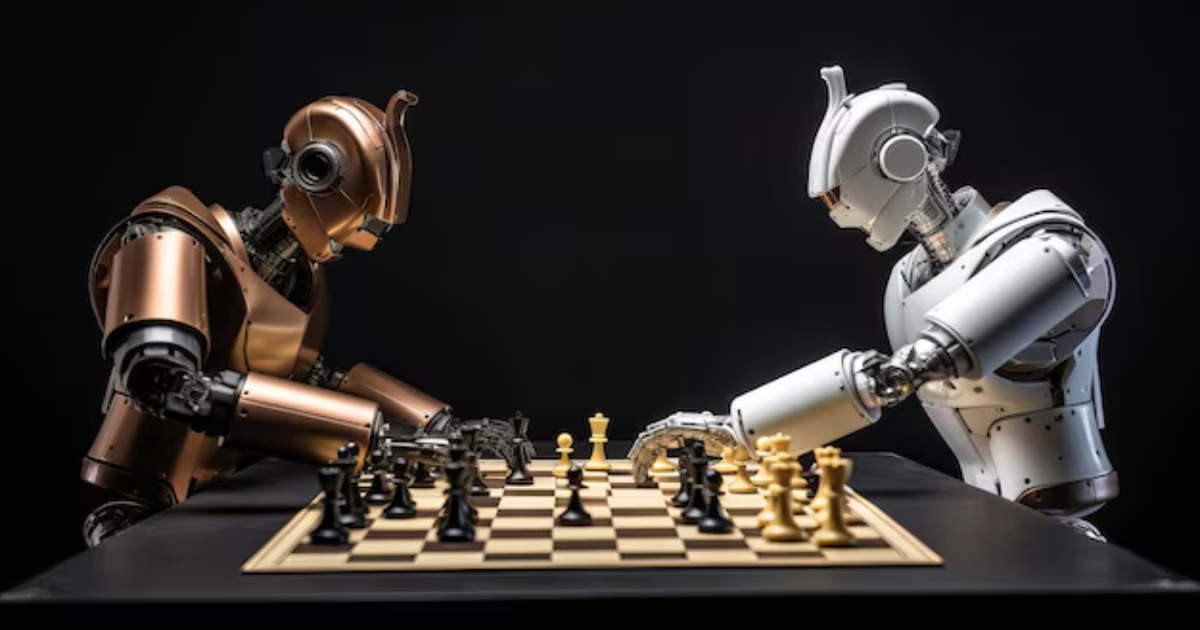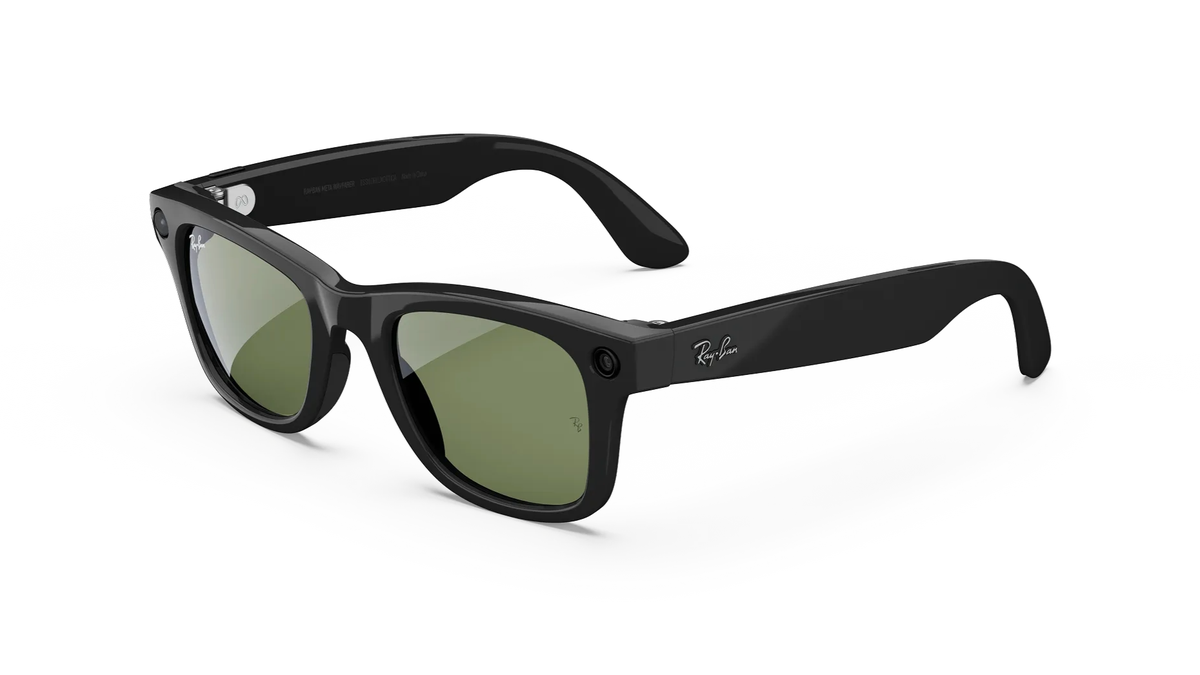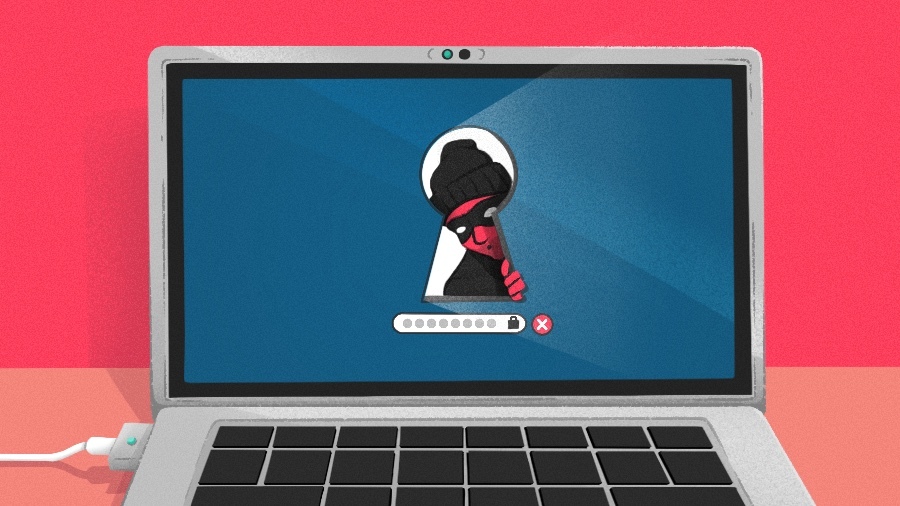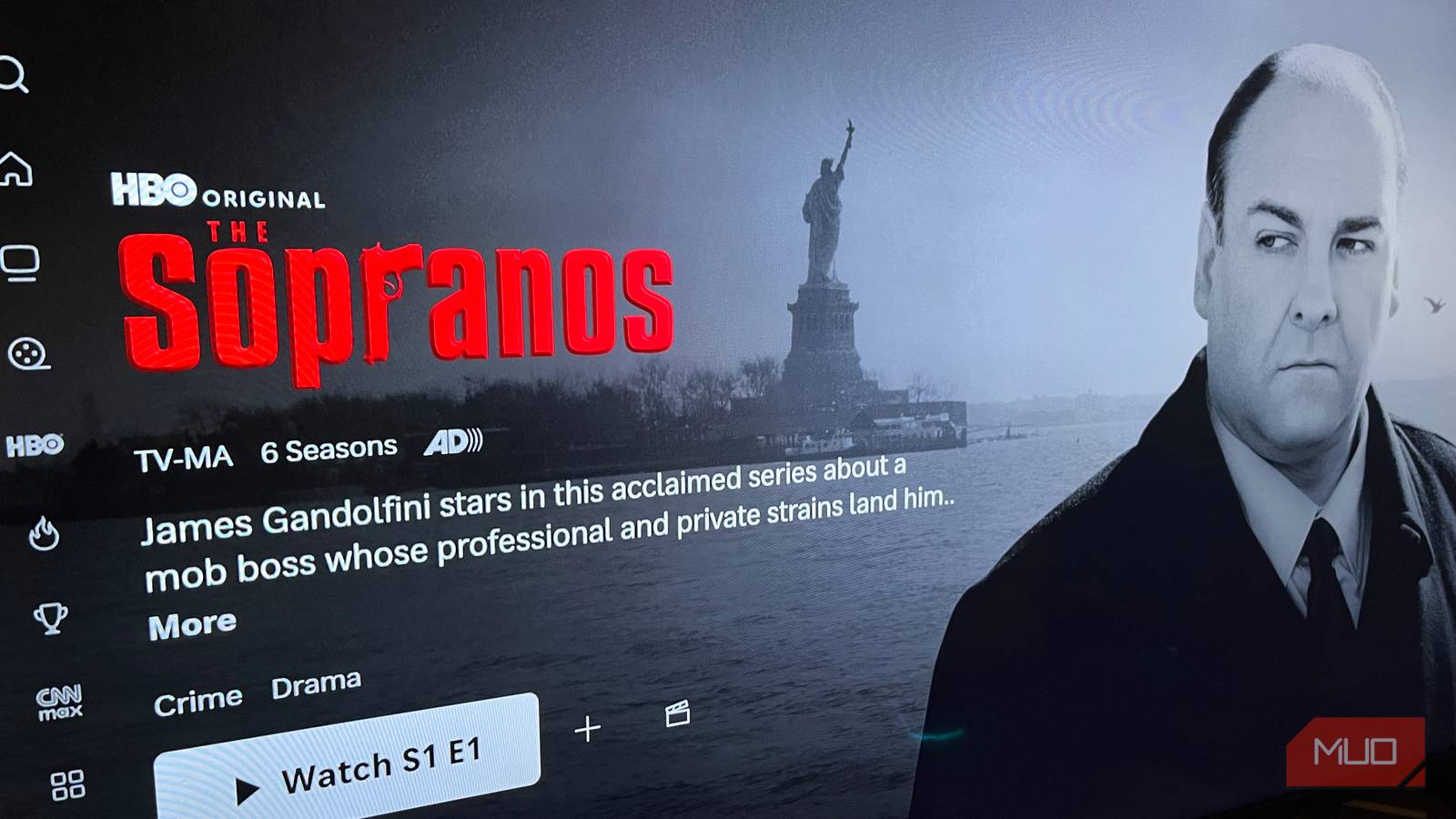Kaggle, in collaboration with Google DeepMind, has introduced Kaggle Game Arena, a platform designed to evaluate artificial intelligence models by testing their performance in strategy based games.
The system provides a controlled environment where models compete directly against each other. Each match follows the rules of the chosen game, with results recorded to build rankings. To ensure fair evaluation, the platform uses an all-play-all format, meaning every model faces every other model multiple times. This reduces the influence of random outcomes and produces results that are statistically reliable.
Game Arena relies on open-source components. Both the environments where games are played and the game harnesses software modules that enforce rules and connect models to the games are publicly available. This design allows developers and researchers to inspect, reproduce, or extend the system.
The initial lineup includes eight leading AI models: Claude Opus 4 from Anthropic, DeepSeek-R1 from DeepSeek, Gemini 2.5 Pro and Gemini 2.5 Flash from Google, Kimi 2-K2-Instruct from Moonshot AI, o3 and o4-mini from OpenAI, and Grok 4 from xAI.
Compared with other AI benchmarking platforms that often test models on language tasks, image classification, or coding challenges, Kaggle Game Arena shifts attention toward decision-making under rules and constraints. Chess and other planned games emphasize reasoning, planning, and competitive adaptation, offering a complementary measure to existing leaderboards that focus on static outputs.
Comments from researchers highlight that this type of benchmark could help identify strengths and weaknesses in AI systems beyond traditional datasets. Some have noted that games provide a repeatable and transparent way to measure performance, while others have raised questions about how closely these controlled environments represent real-world decision-making.
AI enthusiast Sebastian Zabala posted:
This is huge! Chess is the perfect starting point — can’t wait to see how top AI models perform under real-time, strategic pressure.
Meanwhile AI evangelist Koho Okada shared:
This could redefine how we evaluate AI intelligence in a way that’s both rigorous and exciting.
Kaggle User Sourabh Joshi added:
In chess, we evaluate positions. In AI, we evaluate capabilities. Being a chess player, I think, Kaggle Game Arena is the perfect battleground to test generalization, efficiency, and reasoning. Just like a chessboard reveals a grandmaster’s depth, this platform will reveal an LLM’s true mettle. I am truly excited about this.
According to Kaggle and DeepMind, the aim is not limited to chess. Over time, the platform will expand to cover a range of games, including board, card, and digital games. These will test different aspects of strategic reasoning, such as long-term planning and adaptation to uncertain conditions.
By structuring matches in a standardized way, Kaggle Game Arena provides a benchmark for comparing AI models on skills that go beyond language and pattern recognition, focusing instead on decision-making in competitive scenarios.










